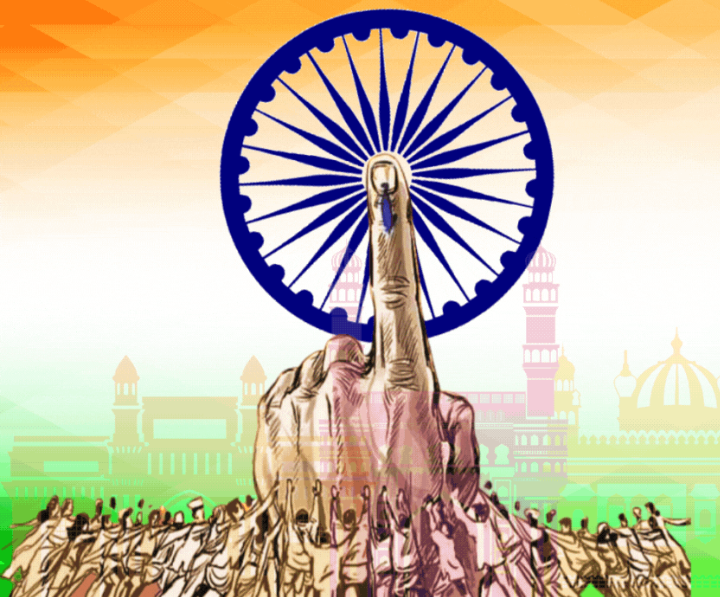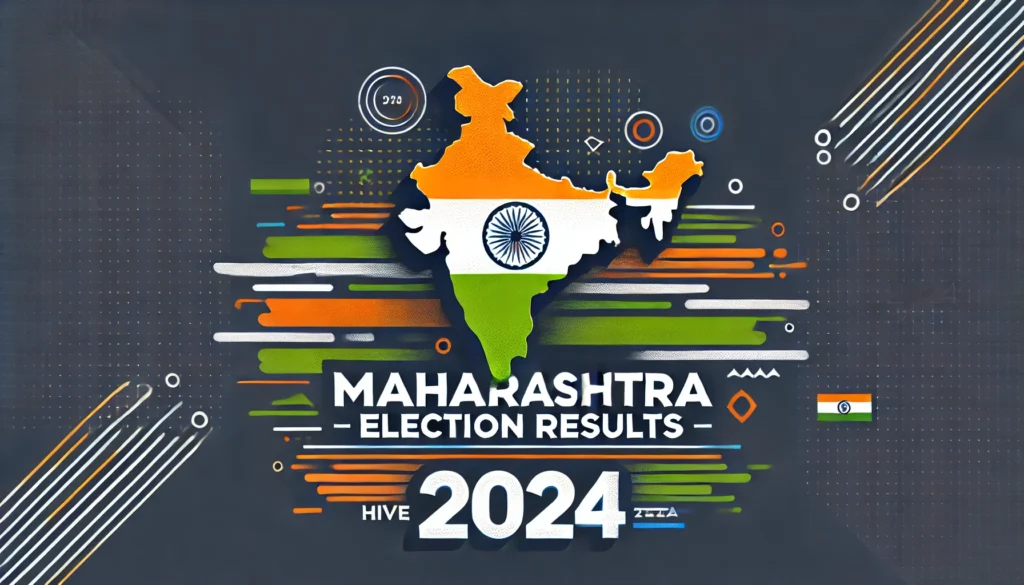‘One Nation, One Election’ bill ’anti-democratic’ Says Opposition, BJP allies support the move
The “One Nation, One Election” bill, recently introduced by the Indian government, has sparked significant debate across the political spectrum. While the ruling BJP and some of its allies support the move, citing potential cost reductions and better policy continuity, opposition parties have raised concerns about its democratic implications and practicality.
Table of Contents
Critics, including Congress leader Mallikarjun Kharge, have dismissed the proposal as impractical and a diversion from pressing national issues. Other leaders, such as Trinamool Congress’s Derek O’Brien, have labeled it a political gimmick. Kerala Chief Minister Pinarayi Vijayan and AIMIM leader Asaduddin Owaisi have criticized the bill for potentially undermining federalism and parliamentary democracy. Concerns about logistical challenges, security, and the need for extensive constitutional amendments have also been highlighted.

Congress MP Jairam Ramesh has stated that the party wants the bill to be sent to a Joint Parliamentary Committee (JPC) for detailed examination. This demand aligns with the party’s broader concerns about the bill’s implications for India’s federal structure and democratic processes. Ramesh emphasized the need for consensus and a comprehensive review before moving forward with the proposed legislation.
The Congress and other opposition parties have been vocal in their criticism, citing logistical challenges, risks to federalism, and the need for multiple constitutional amendments. The call for a JPC indicates their intent to scrutinize the bill thoroughly and ensure it undergoes an inclusive legislative process.

On the other hand, BJP allies like the JD(U) and Shiv Sena have backed the proposal, arguing it would streamline governance, cut costs, and encourage higher voter turnout. The plan, which proposes synchronizing Lok Sabha and state assembly elections, faces substantial hurdles, including the need for broad political consensus and support from at least half of India’s states.
Congress Lok Sabha MP K. Suresh reaffirmed his party’s opposition to the said bill, emphasizing that their stance has been consistent. He stated, “Our party has already cleared our stand from the beginning, our stand has not changed. We are opposing it. Entire opposition is opposing it.” This reiteration highlights the united stance of opposition parties against the bill, which they argue undermines India’s federal structure and democratic diversity. Source https://onoe.gov.in/
Congress and other opposition leaders have also expressed concerns over logistical challenges and the constitutional changes required to implement simultaneous elections. The demand to send the bill to a Joint Parliamentary Committee (JPC) reflects their intent to ensure a thorough review before any decision is taken.
The bill is expected to undergo intense scrutiny and debate during the upcoming parliamentary session.
The Union Cabinet has approved introducing the draconian ‘One Nation, One Election Bill’ in Parliament. This impractical and anti-democratic move will erase regional voices, erode federalism, and disrupt governance.
— M.K.Stalin (@mkstalin) December 12, 2024
Rise up #INDIA!
Let us resist this attack on Indian Democracy…
CPI(M) Rajya Sabha member John Brittas has strongly opposed the “One Nation, One Election” proposal, arguing that it goes against the federal spirit of India. He criticized the idea, saying, “One nation, one election is part of their slogan ‘one leader, one country, one ideology, one language…'” He expressed concerns that such a move would undermine the diversity and autonomy of India’s states.
Brittas further pointed out the hypocrisy in the ruling party’s push for simultaneous elections, citing the failure to hold elections together in Maharashtra and Haryana. He argued that if the government was genuinely committed to electoral reform, it should first address the pressing issues within the electoral system rather than attempting a sweeping change like “One Nation, One Election”.

DMK leader Tiruchi Siva voiced his party’s strong opposition to the “One Nation, One Election” bill, raising several critical concerns. He questioned the potential implications if a government loses its majority after elections. “Suppose if Lok Sabha gets dissolved earlier, would they dissolve all state assemblies and hold elections?” he asked, highlighting the logistical and constitutional challenges of such a proposal. He further emphasized that the DMK had numerous questions regarding the bill that needed comprehensive responses.
Similarly, BJD Rajya Sabha member Sasmit Patra also called for greater consultations, particularly regarding the scenario of a hung assembly or Parliament. He questioned how the proposal would address situations where a government loses its majority midway through its term. These concerns underscore the broader skepticism about the feasibility and potential consequences of implementing simultaneous elections across the country.Source https://www.hindustantimes.com/
Will save the People’s Money??
Minister of State for Agriculture Bhagirath Chaudhary supported the “One Nation, One Election” proposal, claiming it would benefit the nation by saving people’s money. He argued that the move would streamline elections, reducing the costs associated with frequent polling. Chaudhary also dismissed the opposition’s criticisms, stating that they were simply “in a habit to oppose everything”.
This reflects the government’s stance that simultaneous elections could lead to greater efficiency and cost savings, though the opposition remains vocal about its concerns regarding federalism, democracy, and the practical challenges of implementing such a system.
Minister of State for Agriculture Bhagirath Chaudhary supported the “One Nation, One Election” proposal, claiming it would benefit the nation by saving people’s money. He argued that the move would streamline elections, reducing the costs associated with frequent polling. Chaudhary also dismissed the opposition’s criticisms, stating that they were simply “in a habit to oppose everything”.
This reflects the government’s stance that simultaneous elections could lead to greater efficiency and cost savings, though the opposition remains vocal about its concerns regarding federalism, democracy, and the practical challenges of implementing such a system.
#WATCH | Union Cabinet approves 'One Nation One Election' Bill Delhi: BJP MP Kangana Ranaut says, "One Nation One Election is very important because conducting elections every 6 months costs the government treasury a great deal… The biggest challenge is to ask people to come… pic.twitter.com/KSX6EY86jK
— ANI (@ANI) December 12, 2024

